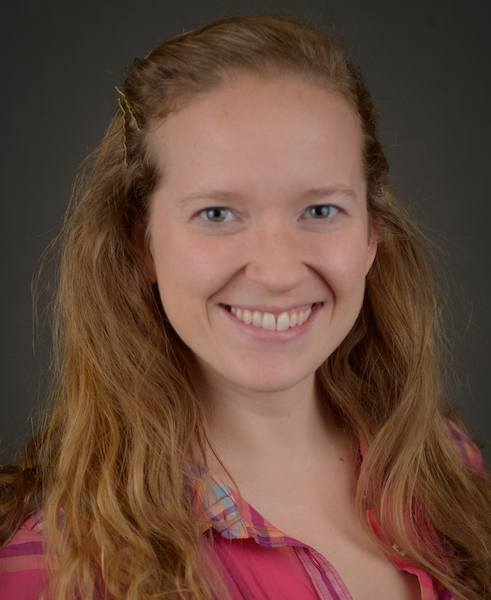Capacity Sharing
Having spent a couple years of my childhood in France attending French schools, I have long had a passion for different cultures and languages. In my post-graduate years, I lived and did research in Germany and Australia, in addition to the US, and also started teaching at an oceanography summer school in West Africa. Through these experiences, and other international collaborations, I have found a common language across cultures through science and have become a passionate supporter of science capacity sharing, particularly across international borders.
On this page, I showcase a couple of the capacity sharing activities that I am involved with. The COESSING program (explained below) is something I am very passionate about, and has had a formative impact on my scientific career. Note that I use the term capacity sharing to mean the collaborative exchange of scientific knowledge, skills, and resources across communities. I prefer the term capacity sharing, rather than the similar terms capacity building or capacity development, as I feel that capacity sharing suggests a multi-directional, reciprocal exchange rather than a unidirectional one.
Coastal Ocean Environment Summer School in Nigeria and Ghana (COESSING)
COESSING is a one-week program aimed at building ocean science capacity in West Africa. I’ve had the incredible pleasure of being an instructor at COESSING since 2017, and a lead organizer since 2019.
I am currently the lead computational instructor, running a team of Python experts from Ghana, Nigeria, and the US. Python is an open-source programming language that is very popular in the ocean and climate sciences. My love of Python started when doing research in Germany, but it was teaching at COESSING that made me into a Python cheerleader!
From 2015-2018, COESSING used proprietary software for computational labs, simply because that was the only software that instructors knew. When I first taught at the school in 2017, I noticed that, not only was it a challenge for the instructors to pay for and activate licenses on the computers at the host universities, but none of the participants had access to the software outside of the COESSING week. It quickly became apparent that we were not teaching the most transferable skills, since the tools were unavailable outside of our school.
In 2018 I taught some Python for the first time. It was so popular that I converted the school entirely to Python starting in 2019, and Python computing is now one of the main aspects (and for many the main draw) of the program! Since 2019, I have built a team of 6 Python instructors, 3 of whom are former participants in the school who have become Python experts!
Hear me talk about our Python curriculum at COESSING 2023 in this LinkedIn video!
Being involved with COESSING has been one of the most meaningful activities of my career. This event is truly a capacity sharing event, where instructors and participants learn from one another. It was through teaching Python at COESSING that I became a true open science enthusiast. For science to truly transcend international borders, we must ensure that the tools we use to do our science are available to all so that we don’t pose inadvertent barriers to scientists (and our potential collaborators) in under-resourced communities.
COESSING Youtube channel - bank of recorded online lectures, including many on Python
COESSING GitHub organization - Python notebooks and code used in COESSING schools
Global Ocean Corps
I am a co-lead for Global Ocean Corps - a program with the goal of inspiring ocean science capacity development and capacity sharing initiatives worldwide. Global Ocean Corps is still in its infancy, and we are currently working to set up and fund more summer schools like COESSING in other parts of the world.
OceanHackWeek
OceanHackWeek (OHW) is an exciting one-week collaborative learning experience aimed at teaching and promoting best-practice ocean science computational workflows to participants across the globe. I have been an organizer, a member of the Steering Council, and a mentor for OHW.
See this OHW feature blog post from NASA that I contributed to (scroll down to heading “OceanHackWeek”)
